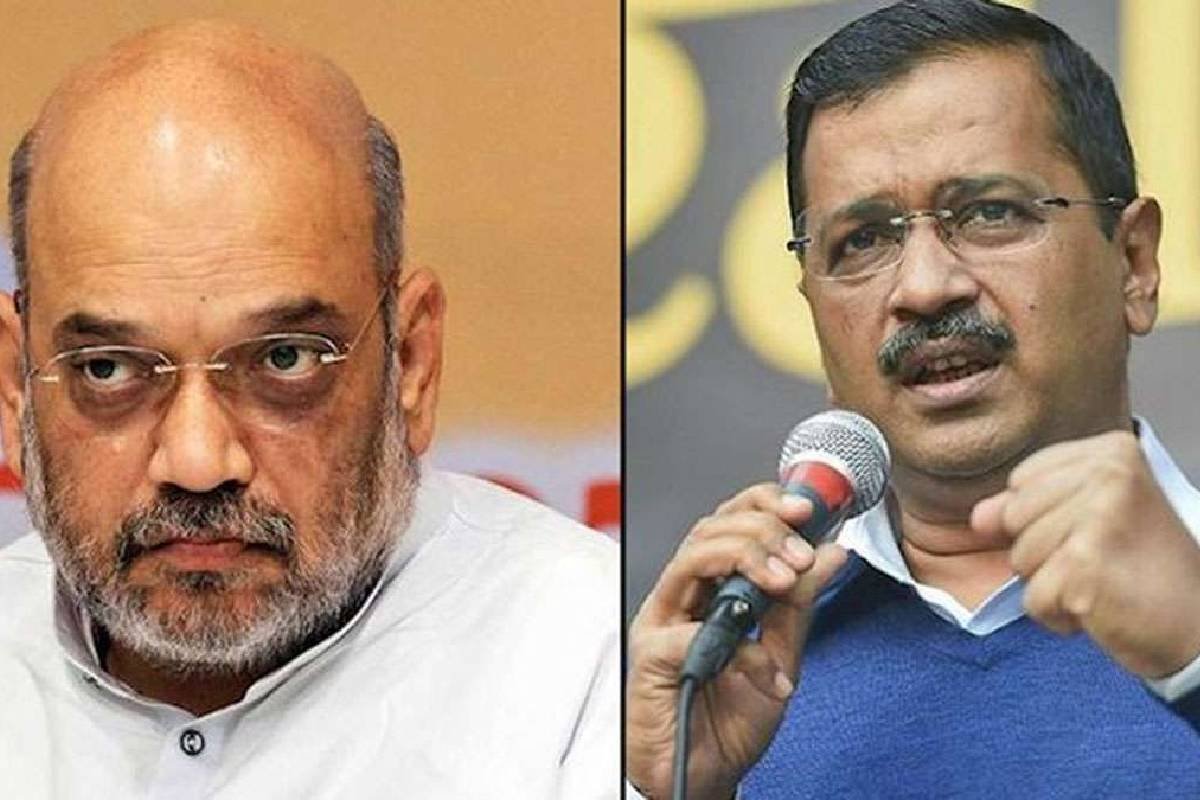NEW DELHI: Delhi Chief Minister Arvind Kejriwal reiterated his staunch opposition to the Citizenship Amendment Act (CAA), declaring that its enforcement would jeopardize the nation’s safety and trigger a law-and-order crisis. “The implementation of CAA will make the country unsafe, and create a law-and-order situation,” Kejriwal asserted. He also condemned the allocation of taxpayers’ funds to minorities from other nations, deeming it unacceptable.
Kejriwal’s remarks followed Union Home Minister Amit Shah’s rebuttal to his criticism of the CAA, where Shah accused Kejriwal’s party of being embroiled in corruption cases. Shah dismissed Kejriwal’s concerns about job loss for Indian youth under the CAA, emphasizing that those who would benefit from the law are already residing in India.
ALSO READ: RSS to discuss Ram Temple resolution at leadership conclave
“He (Kejriwal) is unaware that all these people have already taken refuge in our country. They are living in India. Those who arrived in our country by 2014 will get citizenship,” Shah retorted in an interview with ANI.
In response, Kejriwal accused Shah of evading his questions about the CAA’s implications. “Home Minister did not answer any questions raised by me but he said Kejriwal is corrupt,” Kejriwal retorted. He raised concerns about the government’s ability to provide employment and housing to refugees from Pakistan amidst the existing challenges faced by Indian citizens.
ALSO READ: Sirsa alleges Kejriwal prioritizes Muslim votes over Hindu-Sikh refugees
Kejriwal cautioned against ignoring the plight of Indian youth in favour of granting citizenship to undocumented migrants, warning of potential social tensions and economic strain. He urged the government to learn from the experiences of other nations with stricter immigration policies.
Earlier, Kejriwal had condemned the CAA as “dirty vote bank politics” of the Bharatiya Janata Party and demanded its repeal ahead of the Lok Sabha elections. The CAA, implemented by the Centre, grants citizenship to undocumented non-Muslim migrants from Pakistan, Bangladesh, and Afghanistan who entered India before December 31, 2014. The law continues to be a contentious issue since its passage by Parliament in December 2019.

